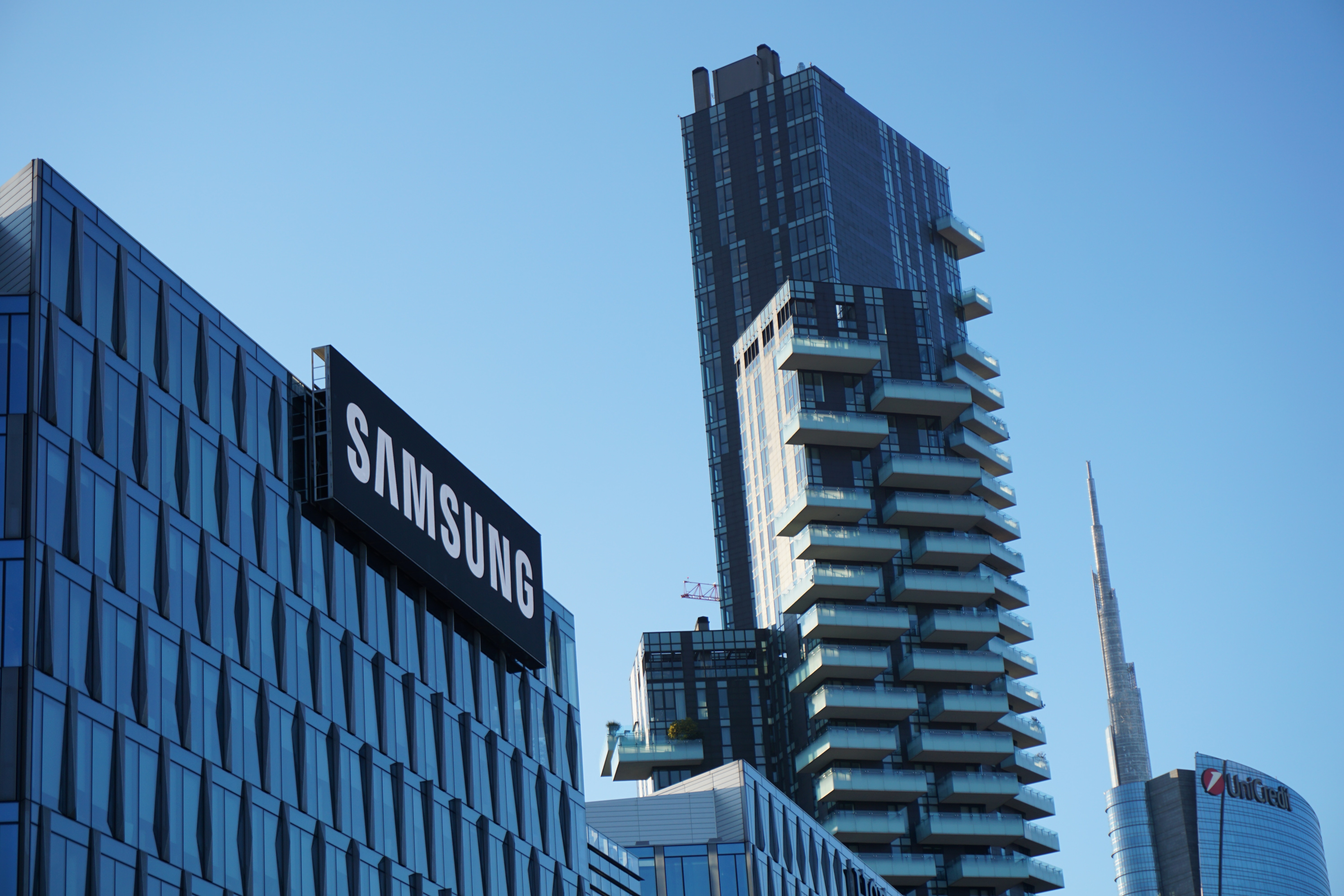Samsung Electronics anticipates a slow resurgence in the chip market during the second half of the year, following an all-time low in its semiconductor division due to sluggish demand for technology gadgets. The decline in global semiconductor purchases, combined with an economic downturn and reduced consumer spending, led to plummeting chip prices and production cuts across the industry during the first quarter.
The company plans to concentrate its chip business on high-capacity server and mobile products, with hopes of a steady market recovery and a boost in worldwide demand by the latter half of the year. For the current quarter, Samsung predicts a limited revival for memory chips as major data center companies adopt more conservative investment strategies for servers.
In the January-March quarter, Samsung, the world's largest memory chipmaker, experienced a 95% drop in operating profit, reaching 640 billion won ($478.6 million). This marks the lowest profit in any quarter for the past 14 years. The company's revenue also saw a decrease, falling 18% to 63.7 trillion won. Samsung's usually dependable chip division reported a 4.58 trillion won loss, a stark contrast to the 8.45 trillion won profit a year prior.
Global shoppers have reduced their spending due to increased inflation, leading smartphone, PC, and server manufacturers to draw down inventories and causing chip prices to fall by roughly 70% over the previous nine months. Samsung and its smaller competitors have announced chip production cuts to potentially aid chip price recovery. However, without a significant increase in device demand, analysts believe Samsung's profit for the current quarter might be similar to Q1.
Samsung expects customers to deplete their inventory by the second half of the year and gradually resume chip purchases. Despite the record loss in its chip business, the South Korean tech giant invested 10.7 trillion won in capital expenditures during Q1, with 9.8 trillion won allocated to chip production in its Taylor, Texas, and Pyeongtaek, South Korea factories. The company plans to maintain similar investment levels in memory semiconductors to secure long-term competitiveness.
Samsung's mobile division presented a more positive outlook, with a Q1 profit of 3.94 trillion won, up from 3.82 trillion won the previous year. As the global economy recovers, the company forecasts an increase in smartphone market shipments and revenue during the second half of the year. Samsung shares have risen by approximately 16% year-to-date, with investors anticipating a memory chip recovery in the latter half of 2023.









